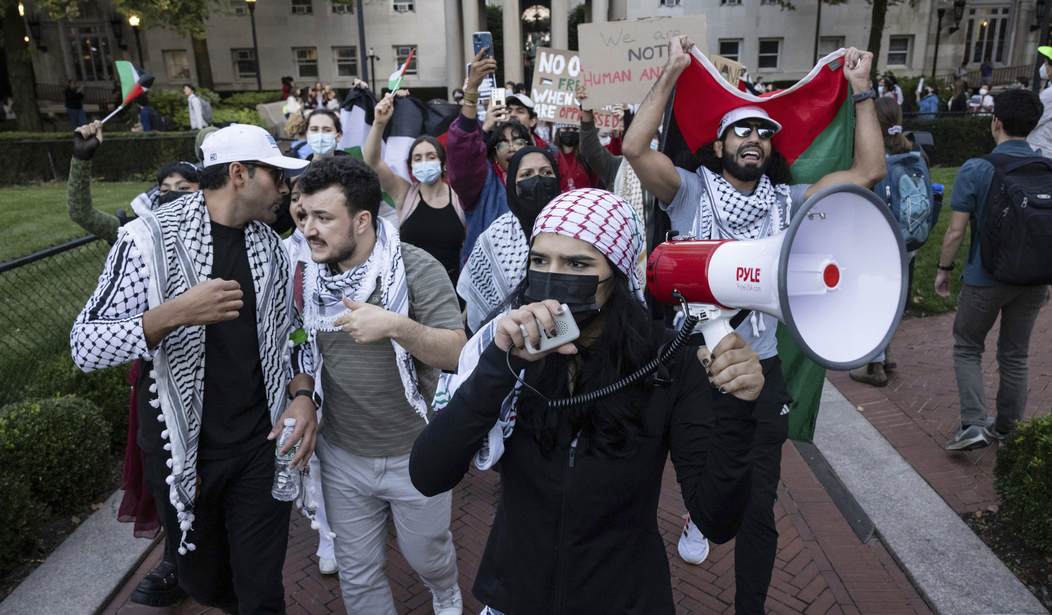Rep. Nick LaLota (R-NY) beclowned himself on Saturday after writing a post on X, formerly known as Twitter, revealing that he either knows nothing about the First Amendment or doesn’t care about free speech.
After backlash coming from other X users, the congressman deleted the post, but not before others took screenshots.
While appearing to reference the issue of antisemitic hate speech that has become rampant on college campuses, he wrote: “Our First Amendment comes with very few limitations. Yet, one of those worthy limitations is hate speech.”
“A first-year law student understands this, and so should the presidents of our ‘greatest’ institutions of learning,” the lawmaker added.
WTF?
— The Yankee Perspective (@SoDakRepublican) December 23, 2023
Let the NY Dems have these clowns pic.twitter.com/2T862Pnt3P
(The above tweet implies that LaLota is a Democrat, but he is in fact a Republican.)
While anyone who supports Israel can appreciate LaLota’s sentiments criticizing the presidents of universities who allow rampant antisemitism in their institutions, the lawmaker is dead wrong. In fact, this topic is Free Speech 101, so it is a bit disturbing that a sitting congressman was not aware of how these protections work.
The reality is that the First Amendment does protect so-called hate speech. In the Matal v. Tam case in 2017, the Supreme Court ruled unanimously that a law prohibiting trademarks that disparage certain individuals or groups is a violation of the right to freedom of expression. The case was brought by Simon Tam, who was the lead singer of a band called “The Slants.” He sought to trademark the name but was rejected because it was a slur against Asians. The ruling affirmed that the state is not allowed to silence speech or expression regardless of how odious it might be.
So, while private universities can allow anti-Jewish speech on campus, the government is not allowed to intervene and force the institution to ban it. However, this does not mean that schools like Harvard and others are compelled to allow this type of speech either. As a private entity, it can lay out its own rules regarding what types of speech are acceptable. I’ve pointed out before that if a white supremacist group began marching on campus while making racist and denigrating remarks about black folks, most of these universities would shut it down quickly. After all, they still must pretend they care about us, don’t they?
But I’ll go even a step further. If a pro-Israel group ran around on campus calling for the flattening of the Gaza Strip and the annihilation of the Palestinian people, the presidents of these universities would be quick to act. These groups would be banned from campus and students would be threatened with expulsion if they made derogatory or violent statements about Palestinians, which further highlights the apparent bias exhibited by the leadership of these institutions.
Yet, pro-Hamas agitators can call for genocide against Jews in Israel while also making threats against Jewish students without fear of consequences. This is a problem that others have pointed out as well. The rules are being applied inconsistently.
So, hate speech is certainly protected by the First Amendment. However, private entities can decide what types of speech they choose to allow on their premises. Those applying their principles inconsistently will end up losing credibility, though, and deservedly so.
Correction: Although the original story said that LaLota was a Democrat, he is a member of the Republican party.













Join the conversation as a VIP Member